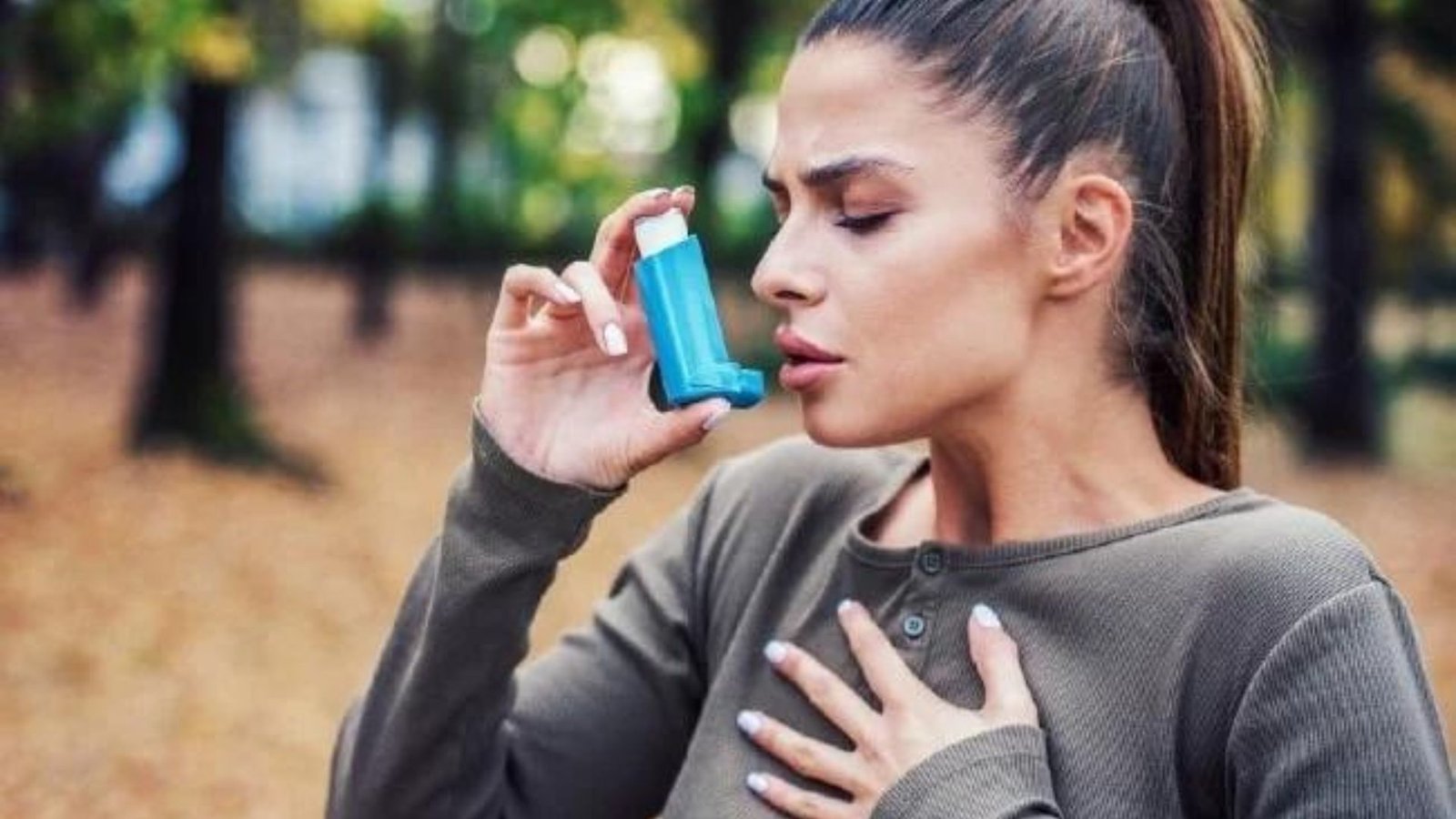Travelling with asthma requires careful planning to ensure that you can enjoy your trip without experiencing complications. Whether you’re heading to a different city or exploring a new country, knowing how to travel safely with asthma is crucial for a smooth and enjoyable journey. This article offers practical tips and advice to help you manage your asthma effectively while traveling.
Preparing for Your Trip
Plan for Medication
One of the most important steps to travel safely with asthma is to ensure you have adequate medication for the duration of your trip. This means not only packing enough of your prescribed medications but also understanding how to manage them while away from home.
- Medication Supply: Carry a sufficient supply of your asthma medications, including both your rescue inhaler and any daily controllers. It’s wise to bring extra in case of travel delays or unexpected needs. Also, keep medications in their original packaging with clear labels to avoid any issues at security checkpoints.
- Doctor’s Note: Consider obtaining a letter from your healthcare provider that outlines your asthma condition and medications. This can be helpful if you need to explain your situation to airport security or medical professionals abroad.

Research Your Destination
Before traveling, research the air quality and potential asthma triggers at your destination. This information helps you prepare for any environmental factors that might affect your asthma.
- Air Quality: Check the air quality index (AQI) for your destination. Poor air quality or high pollution levels can exacerbate asthma symptoms. If the air quality is poor, consider adjusting your travel plans or taking additional precautions.
- Local Healthcare: Identify local healthcare facilities and pharmacies in case you need medical assistance or a refill of your medication. Knowing where to find help can provide peace of mind during your trip.
Packing Smartly
Essential Travel Items
Packing smartly is key to managing asthma while traveling. Make sure you include all the essentials needed to handle asthma effectively.
- Inhalers and Nebulizers: Bring all necessary inhalers and nebulizers. If you use a nebulizer, consider packing a portable one if you’ll be traveling by plane or train. Also, carry a travel-sized case to keep your medications organized and accessible.
- Medical Supplies: Don’t forget to pack any other medical supplies you might need, such as peak flow meters or spacer devices. These tools help you monitor and manage your asthma symptoms during your travels.
Personal Comfort Items
Packing personal comfort items can help you manage stress and maintain your well-being. Stress and anxiety can trigger asthma symptoms, so having items that help you relax can be beneficial.
- Comfort Items: Bring items like a favorite pillow, blanket, or relaxation aids to make your travel experience more comfortable. Ensuring you have a restful environment can help reduce the likelihood of asthma exacerbations.
Managing Asthma During Your Trip
Staying on Top of Medication
Once you arrive at your destination, continue to manage your asthma medication as prescribed. Adhering to your medication schedule is crucial for maintaining control over your symptoms.
- Medication Routine: Stick to your regular medication routine, even while traveling. Set reminders to ensure you take your medications at the appropriate times, especially if you’re in a different time zone.
- Emergency Plan: Have a plan in place for what to do in case of an asthma attack or if you lose access to your medications. Familiarize yourself with local emergency procedures and have a list of emergency contacts readily available.
Avoiding Triggers
Be vigilant about avoiding asthma triggers while traveling. Environmental factors and stressors can affect your asthma, so take proactive measures to minimize your exposure to potential irritants.
- Avoiding Allergens: If you have known allergens, such as pet dander or pollen, try to avoid them as much as possible. Choose accommodations that accommodate your needs, such as pet-free hotels or rooms with air purifiers.
- Managing Stress: Travel can be stressful, which might trigger asthma symptoms. Practice relaxation techniques, such as deep breathing exercises or mindfulness, to help manage stress and maintain control over your asthma.
Seeking Medical Assistance
Know When to Seek Help
If you experience worsening asthma symptoms or a severe attack while traveling, seek medical assistance promptly. Understanding when and where to get help is vital for managing your condition effectively.
- Local Healthcare: Visit local healthcare facilities if you need urgent medical care. Don’t hesitate to seek help if you’re experiencing symptoms beyond what you can manage with your medications.
- Contacting Your Doctor: Keep your doctor’s contact information handy. They can provide advice remotely if you have questions about managing your asthma while traveling or if you need guidance on adjusting your treatment.
Conclusion
Traveling with asthma requires thorough preparation and proactive management to ensure a safe and enjoyable experience. By planning ahead for medication, researching your destination, packing essential items, and managing your asthma effectively, you can travel safely with asthma and make the most of your journey. Always stay vigilant about avoiding triggers and seeking medical assistance when needed to maintain control over your condition.




